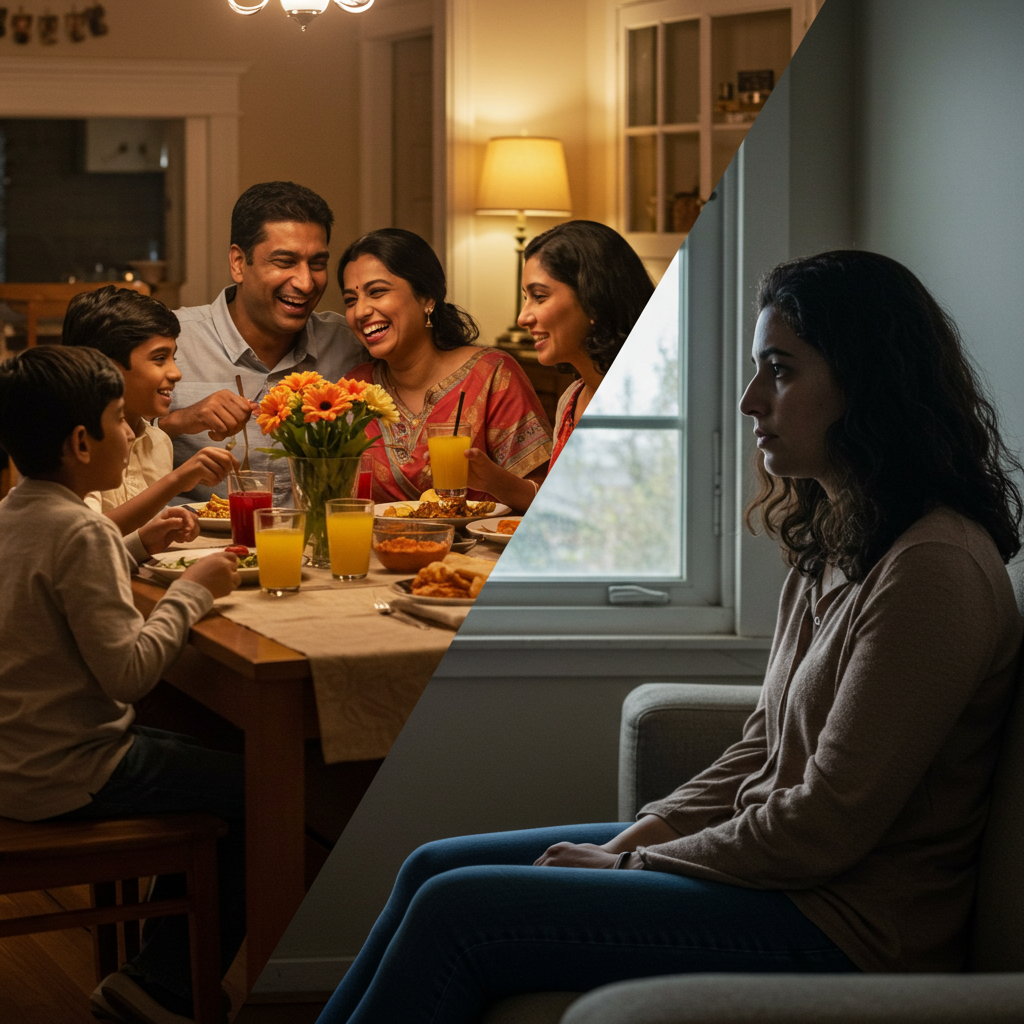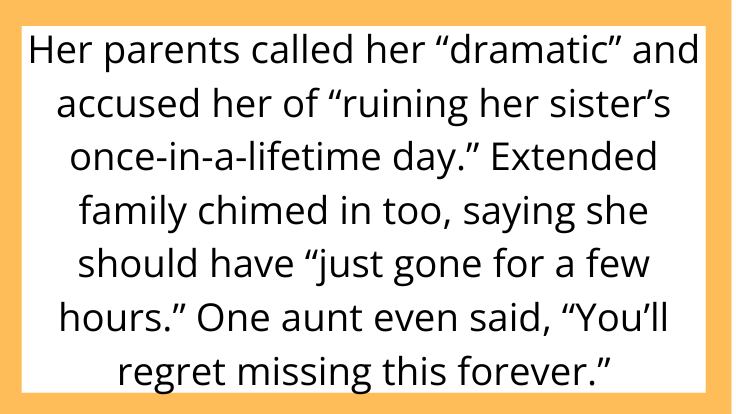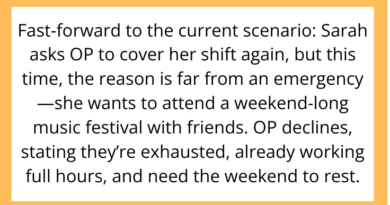AITAH for Not Attending My Sister’s Wedding After She Banned My Husband?
Weddings are meant to be a celebration of love and unity—but what happens when a wedding invitation comes with conditions that test your loyalty to your own partner? This AITAH story from Reddit dives deep into a family drama that left one woman questioning whether she was the bad guy for choosing her husband over her sister’s big day.
Let’s break down this intense situation, explore the emotional stakes, and uncover what the Reddit community had to say.
Background: A Wedding Invitation with a Catch

The Setup
The original poster (OP), a 28-year-old woman, shared that her younger sister, 26, was getting married and had sent out wedding invitations. Everything seemed normal—until OP noticed her husband’s name was missing. When she asked her sister about it, the response was cold and clear: “He’s not invited.”
The Reason Behind the Ban
The reason? OP’s husband had a heated argument with the groom six months earlier at a family barbecue. According to OP, the conflict was mutual and had since died down—at least in her eyes. But her sister wasn’t ready to let it go, saying her fiancé “still felt uncomfortable” and didn’t want OP’s husband “ruining the day.”
The Dilemma: Loyalty vs. Family
Torn Between Roles
OP was heartbroken. Her husband is her partner in everything, and she couldn’t imagine attending such a personal event without him. She tried to negotiate, offering that her husband would stay quiet and low-key at the reception, but her sister stood firm.
Choosing to Decline
After a lot of back and forth—and tears—OP decided not to attend the wedding. She sent her sister a heartfelt message explaining that attending without her husband felt disrespectful to her marriage. That’s when the family backlash began.
Fallout: Family Reactions and Reddit’s Verdict

The Family’s Side
Her parents called her “dramatic” and accused her of “ruining her sister’s once-in-a-lifetime day.” Extended family chimed in too, saying she should have “just gone for a few hours.” One aunt even said, “You’ll regret missing this forever.”
Reddit Weighs In
On r/AITAH, however, the majority sided with OP:
-
“NTA. If your sister can’t respect your marriage, she shouldn’t expect you to prioritize her event.”
-
“You don’t exclude a spouse unless something truly unforgivable happened. Your husband didn’t commit a crime—he had an argument.”
-
“Good for you for standing up for your partner.”
Some Redditors did suggest she try one more time to reconcile, but most agreed: if someone disrespects your spouse, they’re indirectly disrespecting you too.
Why This Story Strikes a Nerve

This isn’t just about a wedding. It’s about boundaries, respect, and the fine line between family obligation and personal values. So many of us can relate to:
-
Being stuck between two people we love
-
Feeling pressure to “keep the peace” while compromising our principles
-
The guilt that comes with saying no to family
It raises a bigger question: Are we obligated to attend every family event, no matter what, or does standing by our partner take precedence?
Relationship Boundaries and Emotional Honesty

This story is a powerful reminder of how important it is to set healthy boundaries:
Marriage Comes First
In many cultures and relationship models, once you’re married, your spouse becomes your primary family. Choosing to back your partner isn’t betrayal—it’s commitment.
Communication Is Crucial
Could OP have smoothed things over sooner? Maybe. But mutual communication is a two-way street, and her sister’s refusal to budge made compromise impossible.
You Can Say No—Even to Family
Just because someone is “family” doesn’t mean they get to dictate the terms of your involvement in their life events. Declining a wedding invite might feel dramatic—but sometimes, it’s necessary.
Final Verdict: Was She the A**hole?

Most of Reddit said No, NTA. Choosing not to attend wasn’t about spite—it was about principle. A wedding is a milestone, yes, but so is defending your marriage and setting boundaries when someone crosses the line.
Could the situation have been handled more diplomatically? Maybe. But in the end, OP protected what she values most—and that’s something worth respecting.



